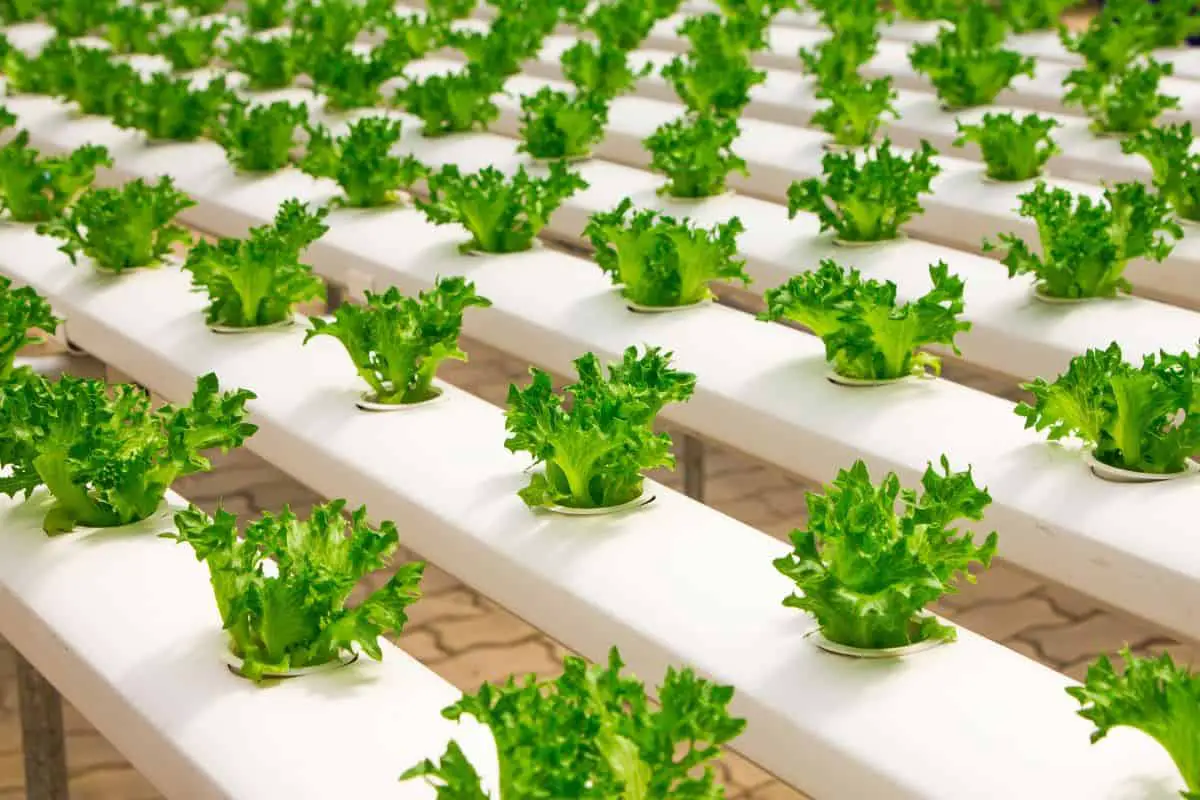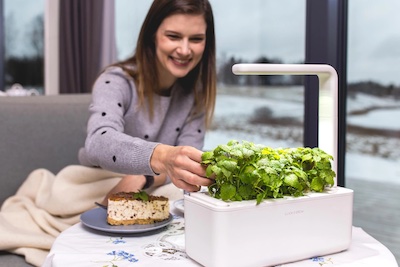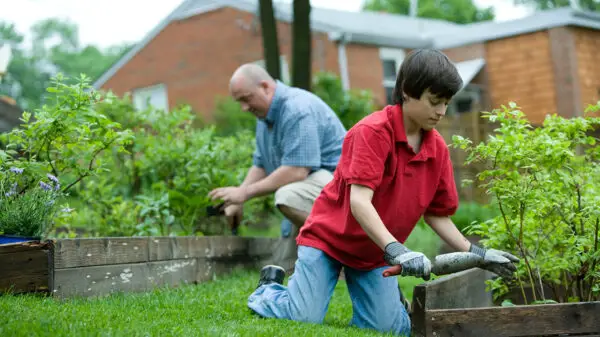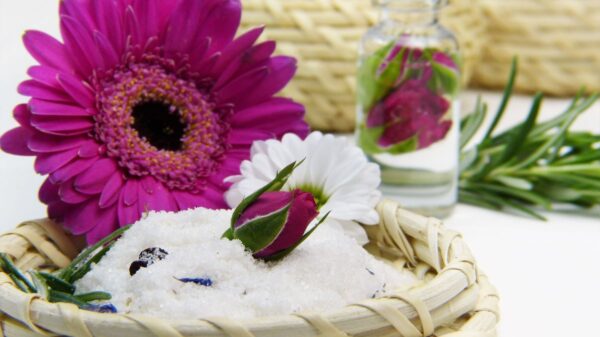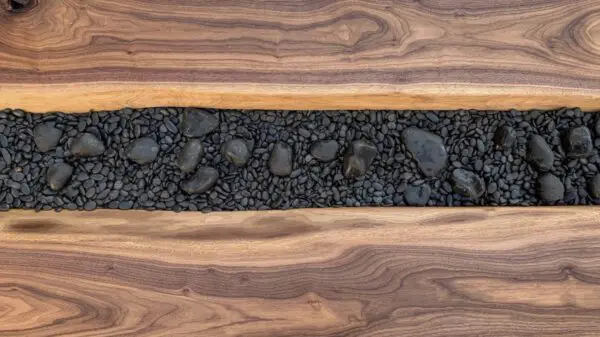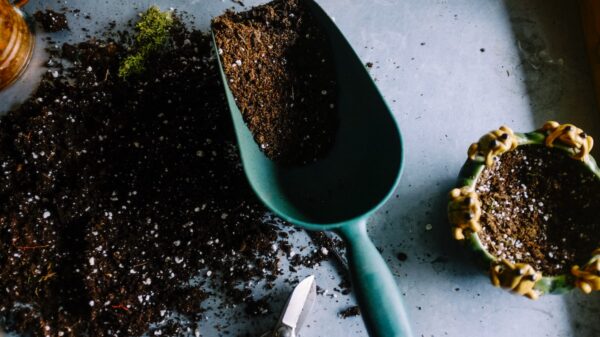What You Should Know About Hydroponic Gardens
There are many challenges to the old-school way of gardening and hydroponic gardening addresses those challenges. The soil can use its nutrients after many years of use of the same land. Hydroponics allows you to grow more food while using less space and resources.
Overpopulation can be a challenge when people have to grow food in a small amount of space. This style of gardening is helpful for those who live far from the city as well as those who live in cities and have little space to grow veggies. Rooftops can now be the farming land of the future with hydroponics.
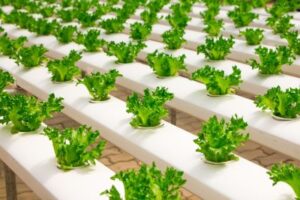
Eight Benefits of Hydroponic Gardening
There are many benefits of hydroponic gardening. Here are a few of the top benefits of this unique gardening method:
1. Hydroponic Gardening is Good at Saving Resources
Hydroponics allows for the saving of large equipment and the depletion of natural resources. There is no requirement for tractors or plows which can be used to cut down trees. An alternative to fossil fuels is the energy of hydroponics. Many non-renewable resources can be saved by using aquaponics gardening.
Large equipment is not needed for plowing or harvesting preventing the depletion of natural resources. Fuel and oil are not having to be used to power the equipment of traditional farming equipment.
Hydroponics does not require as much water as other fruits and vegetables, since the water is filtered and reused in hydroponics. There is no loss of fresh groundwater because of this method. Rotation of crops is not needed in a hydroponic garden, so the depletion of natural resources is reduced.
2. Ability to Grow More Food in Less Space
Another benefit of hydroponics is that you can grow more food in less space when compared with traditional gardening or farming practices. This means a person who lives in a high-rise to someone living in a college dorm can now grow food inside their homes or living areas.
There is less need for space because you can grow the crops in a water medium instead of soil. This means that it will save on resources such as fuel needed for farming equipment and electricity used to run them. Hydroponic gardens have greater yields from a small area.
Growing indoors will allow a person to use the vertical space of the garden for different types of produce. For example, cucumbers can be planted on one side of the trellis while onions are planted on the other side.
This type of gardening can be grown in big cities, homes, or apartments. You can still use hydroponics in large open areas if desired. This type of gardening could be used on a larger scale.
3. Minimal Waste from Hydroponics Gardening
When growing in soil, many unused nutrients and minerals are wasted in the soil after harvest because they cannot be reused. In hydroponic gardening, this is not the case because the nutrients can be reused.
Restricting soil in hydroponics allows for the recycling of water and nutrients used by plants. The nutrients remain in the system until they are used by the plant. This is because there is no soil where the excess fertilizers will go unused as it does with traditional farming. Nutrients are recycled in hydroponics, so there is less waste compared with traditional farming.
4. Hydroponics Gardening Helps in the Reduction of Greenhouse Gases
One of the benefits of hydroponics gardening is that it helps with greenhouse gases. The plants in a hydroponic garden trap carbon dioxide and release oxygen into the air, thus creating cleaner air for people to breathe.
This type of garden reduces carbon emissions by trapping carbon dioxide and releasing oxygen. The plants themselves absorb harmful greenhouse gases and release oxygen instead, which benefits people in cities and those who breathe heavily. The exhaust from farm equipment is not being produced, so the greenhouse gases are lessened. Since hydroponics does not need tilling of the soil, greenhouse gases are cut down.
5. Hydroponics Gardening is Linked to Larger Nutrient Intake
A hydroponic garden allows for the increased uptake of nutrients. Fruits and vegetables absorb more nutrients from the water they are grown in. Because of this, there is a higher intake of nutrients when compared with planting outside.
The plant will produce a larger yield since it has been able to absorb more of the water in which it was planted. You may achieve approximately 20% more nutrient absorption by using hydroponic methods, allowing plants to take up more minerals. The lack of soil allows for greater nutrient absorption, resulting in improved plant nutrition as they can absorb more nutrients.
In a soil-less environment, the greater intake of nutrients by the human body may occur as a result of increased nutrient uptake. This makes this sort of food an excellent source for sustaining a healthy diet. The lack of soil allows for a greater intake of nutrients, including minerals.
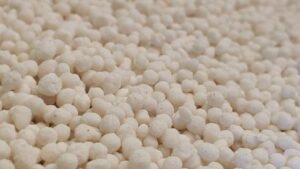
6. No Pesticide Use in Hydroponics
There is no need for pesticides in a hydroponic garden because there are no pests or insects to contaminate the produce. In traditional farming, pesticides and herbicides get into the soil and eventually make their way into groundwater. This does not happen with hydroponics.
When pesticides are present in the soil, they may seep into groundwater and be dangerous to those who drink it or bathe with it. Because there are no pests for the chemicals to affect in hydroponics, this is avoided. People who use hydroponics typically do not have to use pesticides as well.
Groundwater is inside the earth in rock crevices, soil, or sand. Groundwater is not contained in a reservoir but can be accessed by wells and springs. Water containing pesticides could contaminate groundwater if they are absorbed by the soil. Cleaning a contaminated well can be a difficult and expensive process.
7. Communal Crop Exchanges with Hydroponics
Hydroponic gardening is a great way to share crops with those who have different sorts of gardens. With hydroponics, you can easily swap your vegetables and fruits to provide diverse fruit and vegetables for everyone. You can trade produce with neighbors or sell it at farmer’s markets.
This type of gardening allows for people to provide more of a communal experience and fellowship in your building or neighborhood. The ability to easily share crops with those who have different sorts of gardens is a benefit.
Community is a quickly disappearing feature in modern society and is often replaced with isolation or apathy. These communal exchanges or even sharing of gardens helps reduce the feeling of being isolated and an apathetic mentality.
8. Disease-Free Crops Grown in Hydroponics
One of the benefits of hydroponics gardening is that it can grow crops without diseases or pests. When you have a hydroponic garden, there are no harmful animals or insects that will affect your plants. There is no fear that they might be contamination in the soil. They will stay fresher for longer as well. There is no need to wash them as they are free of any sort of germs or bacteria.
When growing outside in soil, there are many risks involved with plant diseases and pests infecting the crop which This is because there are no soil pollutants to contaminate the water and nutrients. Hydroponic gardening allows for clean crops free of pests, dirt allergens, or other harmful pathogens.
Cleaner food without contaminants means less waste being sent to landfill sites. If the soil is contaminated, the crops will have an increased risk of being contaminated by pesticides and herbicides which could lead to disease. Cleaning contaminates from the soil is difficult and expensive.
What You Need to Start a Hydroponic Garden
- Tray with a cover for the reservoir
- Net cups that will support the plants
- A nutrient solution
- Growing medium – gravel, perlite, vermiculite, peat moss
- pH testing kit – this is to test the pH of your solution
- Bottle for measuring – makes it easier to measure the amount of water
- Hoses with nozzles which you will use to feed the plants through their capillary matting.
- Timer
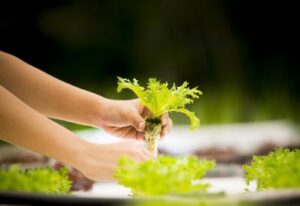
In Conclusion
You have seen the benefits as well as what is needed to start your hydroponic garden. There are no contaminants in the crops or disease. Pests cannot get into the garden, which cuts down on pesticides. Less pesticide use means that it is easier to garden without worrying about being poisoned by harmful chemicals.
With hydroponics, you do not have to worry about dealing with soil contaminants or work to build up the quality of your soil. Hydroponic gardening helps. So what is holding you back from having some of the most healthy and tasty food you have ever eaten. The benefits of hydroponics gardening are many!
If possible, it may be a good idea to use hydroponic methods for your garden. This will mean that you do not have to worry about either contamination or other pollutants in your food. It should also lead to healthier produce if done correctly.
You can now go out and start your hydroponic garden. The benefits of these gardens are incredible, and you will reap all of these benefits once you begin to grow with a hydroponics system.


